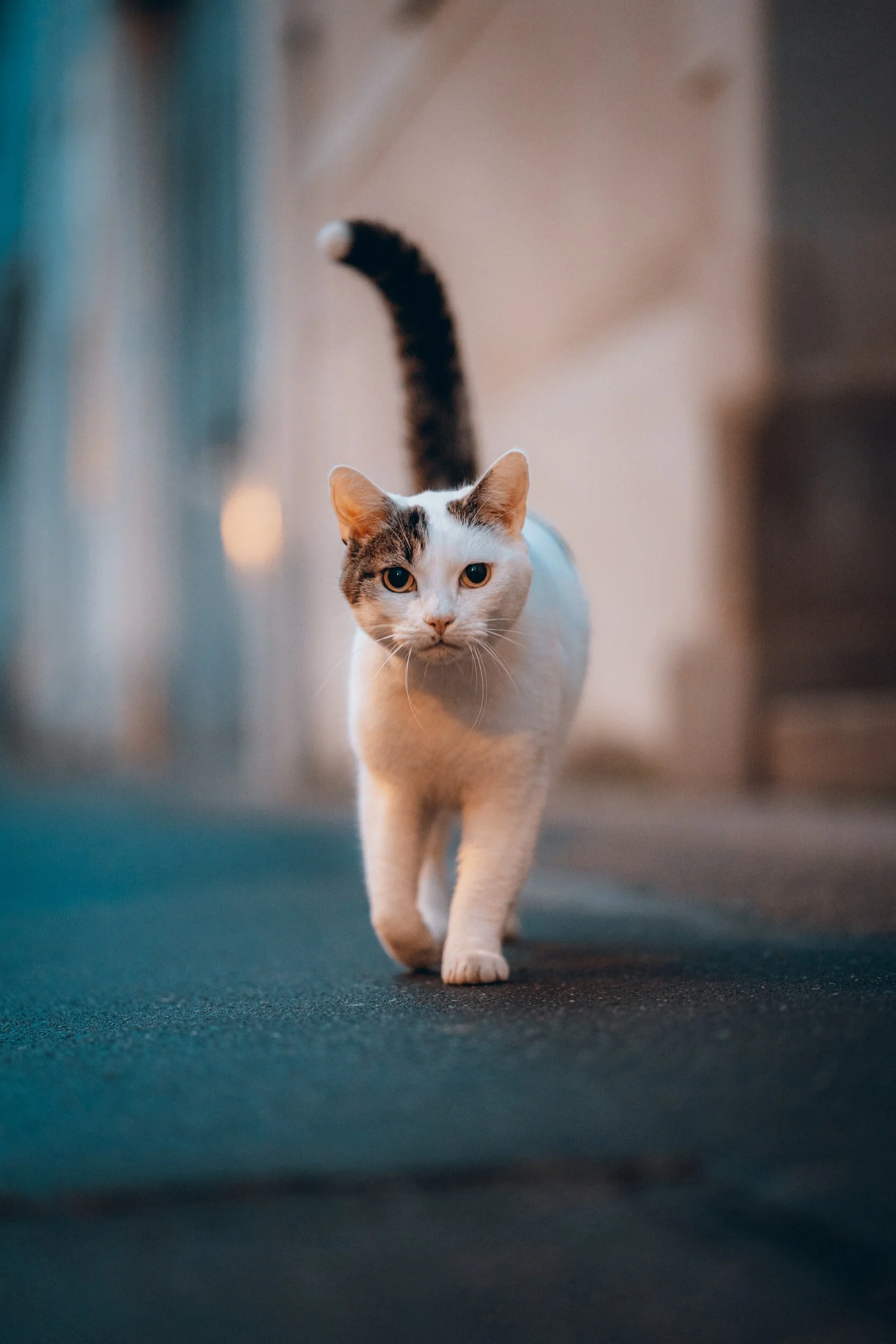What is desexing?
Desexing or neutering your pet is a routine surgical procedure that involves removing the animals reproductive organs to prevent unplanned breeding. This is commonly known as “castration” in male pets and “spaying” in female pets. This is the most frequent surgery performed by our vets and generally your pet is home by the evening of the surgery.
Why should I desex my pet?
There are a number of benefits towards desexing your pet, which vary depending on whether your pet is male or female.
Why desex female pets?
Prevents unwanted pregnancies and helps deal with overpopulation
Stops their cycle and associated bleeding
Prevents unwanted attention from male dogs that results in pregnancy
Reduces risk of mammary tumours
Eliminates risk of ovarian cancer and pyometra (infected uterus)
Why desex male pets?
Helps reduce behavioural issues, such as aggression, dominance, hyperactivity and destructive behaviour
Reduces the desire to roam and the risk of being lost or injured while out
Can reduce strong and pungent smelling urine
Reduces risk of prostate diseases and perianal tumours
Eliminates risk of testicular cancer
What age should I desex my pet?
The right age for desexing your pet can vary based on breed and size, however it is most common between 4 and 6 months. Our team at Woofpurnay Veterinary Hospital will consider your patients individual circumstances before making a recommendation.
Microchipping your pet at the same time is a worthwhile consideration as your pet will be under general anaesthetic for their desexing procedure.
What’s involved in desexing your pet?
The day before
Our clinic team will give you instructions on how to look after your pet the night before surgery, including when to stop feeding them. This will ensure they have an empty stomach during the procedure which reduces the risk of your pet vomiting and aspirating this into their lungs when they are anaesthetised.
At the clinic
When you bring your pet into our clinic, one of our friendly nurses will admit your pet into hospital. Now is the perfect time to ask any questions you may have. Your pet will be taken into our treatment room and given a pre-operative health check by one of our vets, which may also include a blood test. They will then be given a general anaesthetic and the surgery procedure itself inside our surgical theatre. Your pet will also receive pain relief medication and be closely monitored before, during and after the procedure by our nursing team.
After the surgery
Once the surgery is complete your pet will be moved into our recovery area where they can relax on soft blankets and bedding until it’s time to go home. This area is closely monitored by our nurses at all times.
We will call you when your pet is awake to discuss when they can go home. This is usually later in the day. Our vet will also provide after care advice, including pain relief medication that you can take home with you. You will also be given a special collar to stop your pet from licking their surgery site.
Our nurses will arrange a time for your pet to come back for a post-operative check and to have their external sutures removed. This is typically 10-12 days after the operation.
At home
You will need to keep your pet quiet and comfortable when they come home to allow their wound to heal. Setting up a confined area in the laundry or bathroom can be a good idea to restrict their movement.
Make sure their rest area is kept clean to avoid infection and check their incision twice a day for any signs of infection or disturbance. If you notice any bleeding, swelling, redness or discharge, get in touch with your vet.
Prevent your pet from licking or biting their wound. A cone shaped collar will assist with this problem and should be worn at all times.
Follow any dietary advice provided by your vet and ensure all post-surgical medications are administered as per instructions. Ensure you return on time for your post-surgical check-up and to have stitches removed.
Desexing your pet offers a number of significant benefits. It is a routine surgical procedure and generally your pet is home by the evening of the surgery. If you would like to talk to us about desexing your pet, give us a call on 03 8784 4444.





